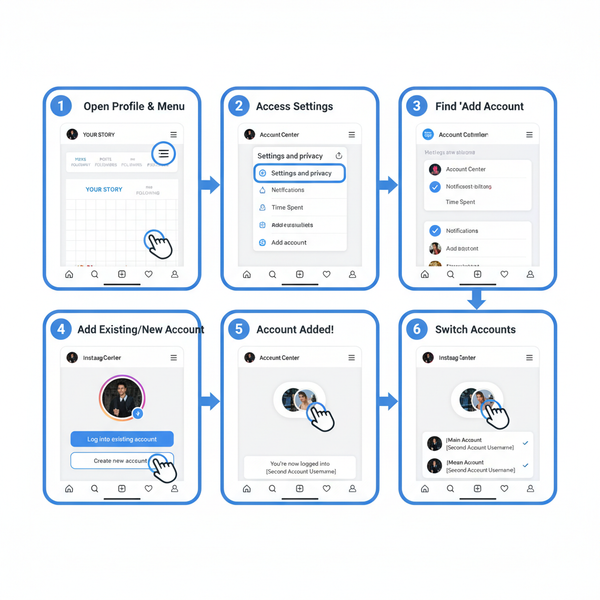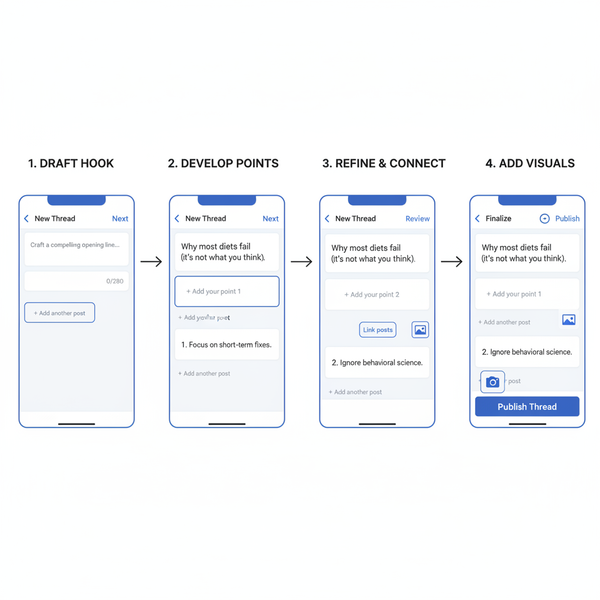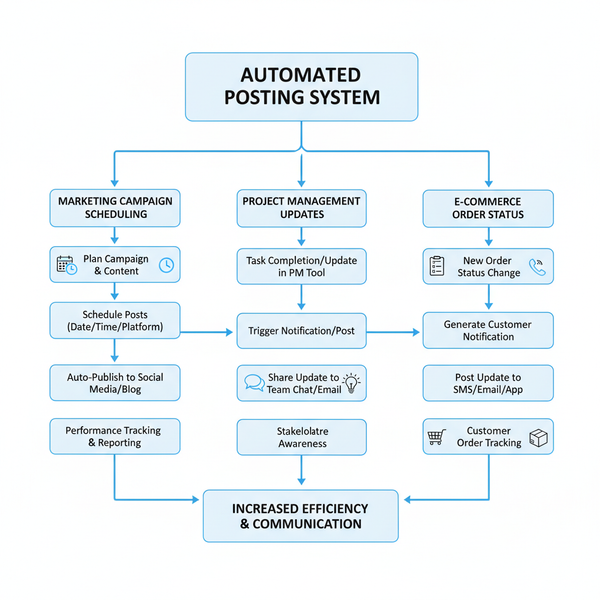How to Track People on Facebook Legally and Safely
Learn safe, legal ways to track people on Facebook using built-in tools, public data, and compliant methods while respecting privacy laws.
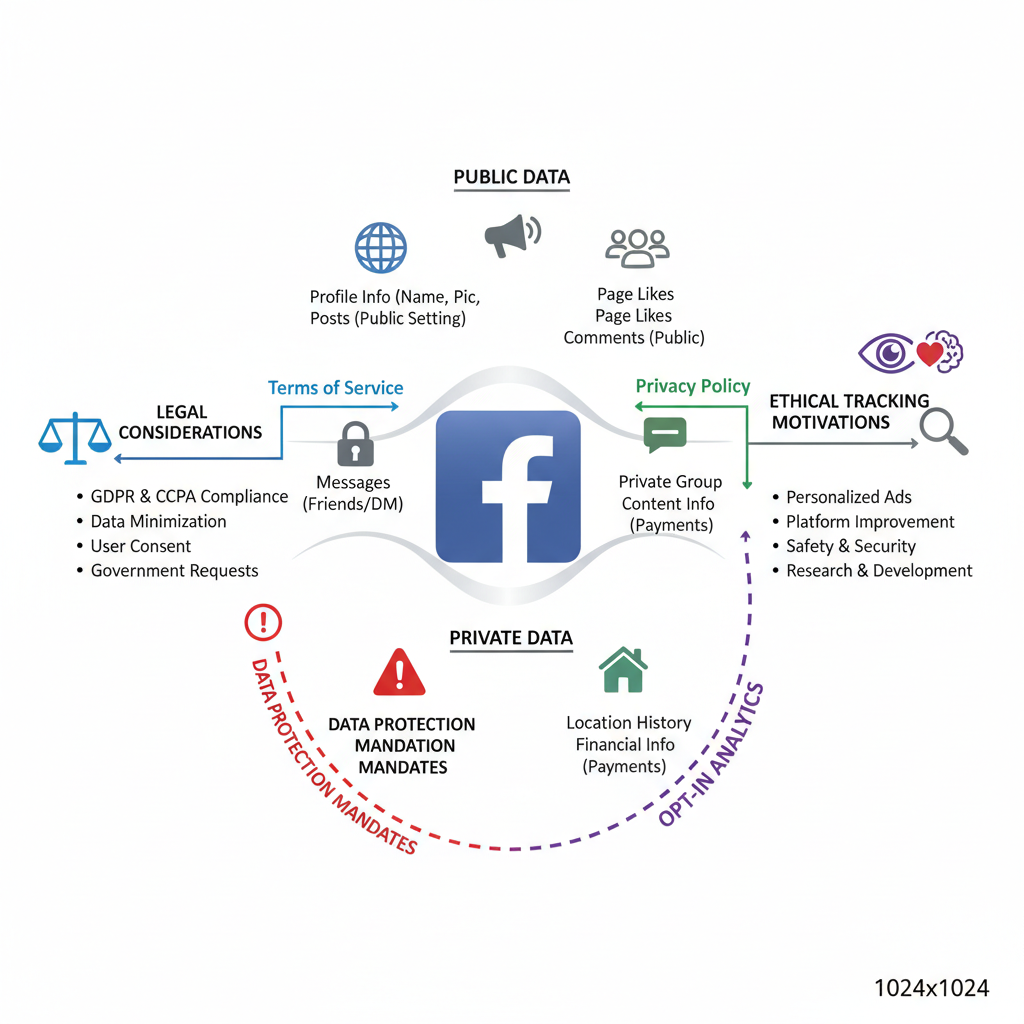
How to Track People on Facebook Legally and Safely
In today’s hyper-connected digital era, many people want to know how to track people on Facebook for legitimate purposes—whether it’s reconnecting with an old friend, ensuring a child’s online safety, or confirming someone’s identity before a business arrangement. This guide provides step-by-step, legal, and ethical strategies for gathering information using Facebook’s own tools, public data, and compliant third-party applications—without crossing privacy or legal boundaries.

---
Understanding Facebook's Privacy Policy and Legal Boundaries
Before engaging in any tracking activity, it’s essential to understand Facebook’s privacy controls and applicable laws. Facebook’s Terms of Service outline what data is accessible and how it can be used.
Key legal and policy reminders:
- Never bypass Facebook's security features.
- Avoid scraping bots or unauthorized software tools.
- Access only information explicitly set to Public.
Breaking these rules can lead to account bans or even legal consequences.
---
Ethical Reasons for Tracking
Tracking should only be done for legitimate, lawful purposes. Examples include:
- Rekindling connections with friends or family.
- Confirming someone’s identity before a business engagement.
- Locating a missing person with appropriate consent.
- Monitoring a minor’s activity for safety.
Ethical tracking involves respect for privacy, adherence to laws, and clear, justified intentions.
---
Using Facebook's Built-in Search and Filter Functions
Facebook offers integrated search tools that help locate people or content legally:
- Search Bar — Enter names, usernames, or relevant keywords.
- Filters — Narrow searches by location, workplace, education, or mutual friends.
- Posts Filter — Find posts by date range or engagement.
These tools provide refined, compliant search capabilities without breaching privacy.
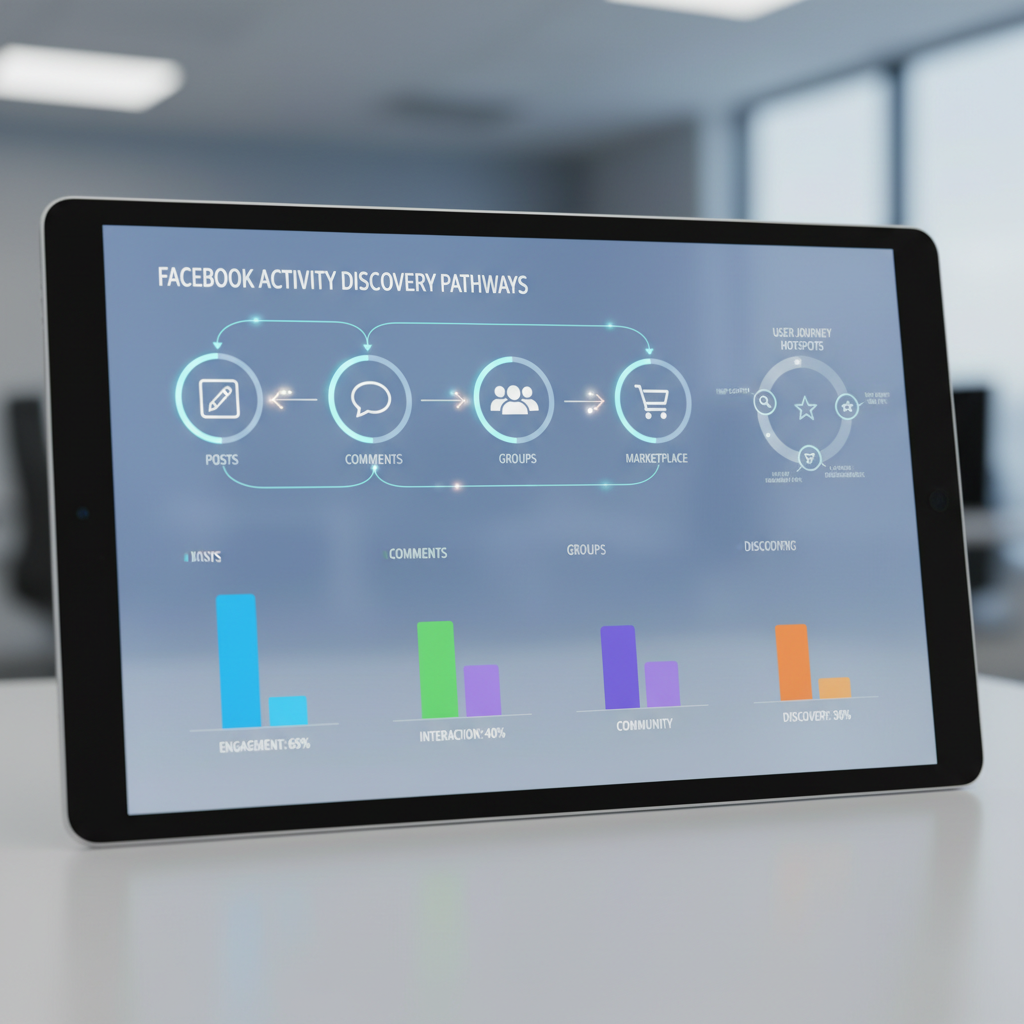
---
Leveraging Mutual Friends and Tagged Posts
Mutual connections can lead to valuable lawful insights:
- Check mutual friends’ timelines for photos featuring the person.
- Review tagged locations in images.
- Explore group discussions where both individuals are active.
This indirect approach reveals social links without accessing restricted profiles.
---
Exploring Facebook Groups and Events
Public groups and event listings can yield legitimate clues:
- Search for community groups aligned with the person’s interests.
- Look at public event RSVPs.
- Monitor group discussion threads for activity patterns.
This method is ideal for uncovering shared hobbies or community involvement.
---
Using Facebook Marketplace Activity
Marketplace activity is often overlooked but revealing:
- Item descriptions may hint at location or lifestyle.
- Seller profiles show local proximity.
- Public reviews or comments can identify repeat interactions.
---
Checking Public Posts, Likes, and Comments
Public engagement often provides insight into an individual’s preferences and movements:
- Review posts for location stamps and dates.
- See what posts they engage with or react to.
- Read their public comments to spot regional references.
---
Utilizing Advanced Search Operators
You can use advanced search syntax both in Facebook and in search engines pointing to Facebook:
"[Name]" AND "[Location]"
site:facebook.comCombine keywords, time filters, and media types for precise results. Some operators work better outside Facebook using Google or Bing.
---
Third-Party Tools That Comply with Facebook’s Terms
Certain platforms legally integrate with the Facebook API:
- Social media monitoring tools used for customer engagement.
- Law enforcement-approved investigation software.
- Brand-tracking social listening services.
Ensure any tool is transparent about API compliance and data use policies.
---
Enabling Location History and Check-ins for Personal Tracking
For self-tracking or with consent from friends/family:
- Enable Location History in account settings.
- Use check-ins to log visits.
- Share activity with trusted people for safety monitoring.
---
Cross-Referencing With Other Social Media Accounts
Expand your search ethically:
- Instagram can show similar posts or geotags.
- LinkedIn often has up-to-date career and location info.
- Twitter posts can reveal real-time activity.
Cross-referencing builds a fuller picture using only public information.

---
Protecting Your Own Privacy While Conducting Searches
Keep your search activities discreet:
- Adjust your privacy settings to limit viewable activity.
- Avoid posting about your research.
- Use Incognito Mode or secure browsers for enhanced privacy.
---
Common Mistakes to Avoid
Avoid actions that cross legal or ethical lines:
- Stalking — Harassment is punishable under law.
- Impersonation — Using fake identities violates rules.
- Unauthorized Access — Hacking credentials is criminal.
---
Legal Consequences and Jurisdiction Considerations
Laws differ by country—missteps can be costly:
| Violation | Possible Consequences |
|---|---|
| Stalking/Harassment | Restraining orders, fines, imprisonment |
| Data Theft | Criminal charges, civil lawsuits |
| Terms of Service Breach | Account suspension, temporary bans |
Always research applicable laws before attempting to track someone.
---
Summary of Responsible Tracking Practices
When learning how to track people on Facebook, remember:
- Limit research to publicly available information.
- Use built-in Facebook features first.
- Document valid, ethical reasons for tracking.
- Use cross-platform comparisons only when publicly accessible.
- Avoid all invasive, aggressive, or deceptive methods.
By following these best practices, you can achieve your goal within the legal and ethical framework, while safeguarding trust and avoiding legal repercussions. Act responsibly, respect privacy, and always stay within the law.

